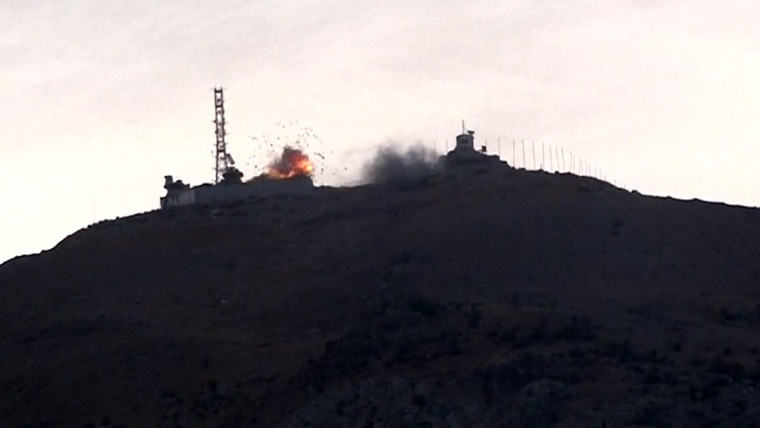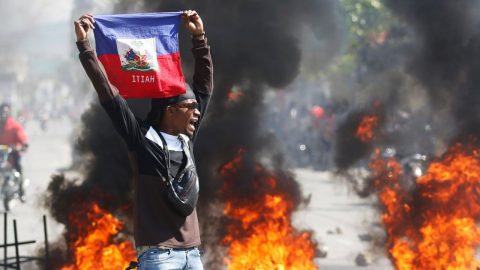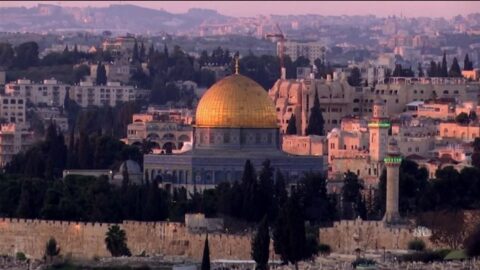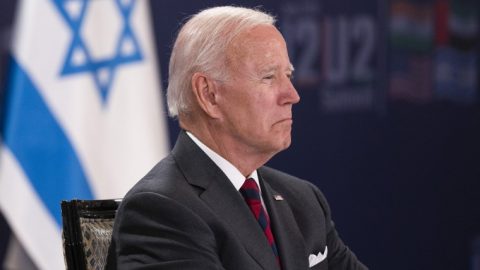The Israeli response will be complicated by Hamas’ capture of dozens of Israeli hostages, both civilian and military, which saw women and children among those taken to Gaza.
Social media and Israeli TV was filled with accounts from devastated family members fearing for loved ones who had been seized by gunmen in their homes, amid fears they could be used as bargaining chips to trade for Palestinian prisoners or deter any Israeli ground assault.
The attacks represent the most dangerous escalation in the conflict in decades and come almost exactly 50 years after the Arab-Israeli War in 1973, when Israel was similarly taken by surprise in a sudden attack by neighboring Egypt and Syria.
Concerns of a broader conflict were fueled Sunday by flare-ups in the north, where Israel exchanged strikes across the Lebanon border with the Hezbollah militant group, and in Egypt, where two Israelis and their guide were killed when an Egyptian citizen opened fire at a group of tourists in Alexandria, Israel’s Foreign Ministry said.
Israel appeared to be caught off guard by the coordinated attacks, raising questions about how vaunted intelligence agencies both there and in the United States failed to raise the alarm.
Bracha Yarkoni, 75, watched as her home in the southern coastal city of Ashkelon took a direct hit from a rocket. Already woken on her birthday by the sound of explosions and the cries of her grandchildren, she watched from the street as the missile hit. “God help us,” she said.
President Joe Biden joined world leaders in condemning the attack, declaring that his administration’s “support for Israel’s security is rock solid and unwavering.”
The outbreak of intense fighting in the Middle East will test his foreign policy case for re-election in 2024.
The situation will be made more volatile by Israel’s nationalist government — stung by presiding over such national trauma — and the despair of Palestinians suffocated by the yearslong blockade of Gaza and Israeli occupation of the West Bank.










Recent Comments